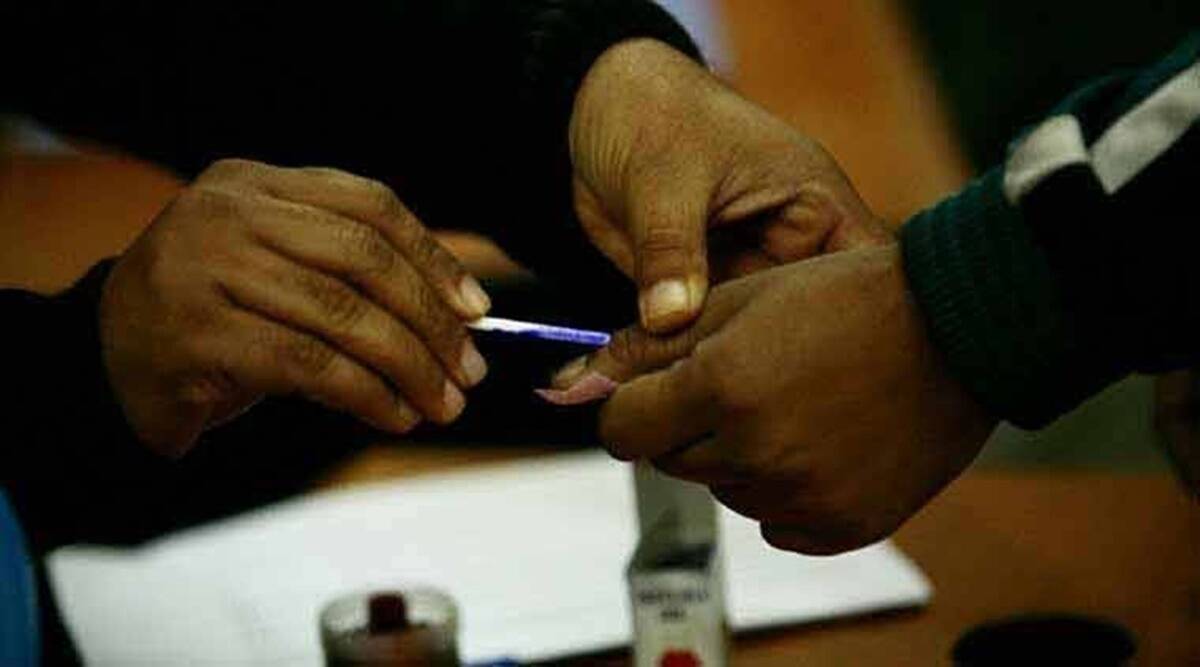Wg Cdr Mahesh Chander Sudan
We, the people of Jammu and Kashmir, are experiencing a strange political environment since 2014 that has caused immense damage to age old social fabric generating visible trust deficit amongst people across the union territory. This fractured mandate of 2014 guided formation of possible political alliances compromising with their ideological differences and it ultimately enabled combination of PDP+BJP to form government with vertically opposite ideologies. This combination made out of compulsion and not choice has not only compromised electoral mandate but failed to complete its tenure. Withdrawal of support by BJP left people of Jammu and Kashmir in lurch and it probably sowed seed of prevalent uncertainty, territorial bifurcation of erstwhile state and demotion of the then state into a union territory apparently for political motives by the party in power. In the entire episode, common man on street visibly found no place and the process was though alleged to have been carried out as out of box option for wellbeing of the state. This could not prove its worth in real terms and created a deep political bewilderment that weakened political landscape of the UT leaving hapless people to suffer limited governance dispensed through alternate mode of government since then.
Of late, a narrative spread especially in Jammu province highlights discrimination meted out to the people of the province that harmed valley centric political entities and age long brotherhood that existed even during British Empire. It is seen that most of the main stream political parties are valley centric and could probably prevail over the helm of affairs exploiting long established brotherhood practiced across the theological division. Another important feature indicates that people of Jammu province remained politically inactive post-independence possibly due to mass migration faced during partition of Indian and Pakistan and subsequent resettlement across the province. Pace of development highly incomparable with other parts of India presented limited opportunities for people to establish financially and academically to prepare themselves for acquiring participatory role in the governance of the state resources. In the present days of competitive politics, it requires skillful manoeuvering of public support especially in a democratic set up where majority rules. It may not be out of place to mention that Union dispensations till date lacked a long term plan for Jammu and Kashmir and therefore dealt with instant remedies by offering preferential treatment to leadership from the valley and ruled the state of Jammu and Kashmir remotely. Expecting it to be different, the people of Jammu province largely mandated BJP to provide people friendly governance during last election but this also proved opportunistic and belied trust of the people beyond recovery. It infers that the people of Jammu province have been taken for granted by strong political lobby from valley with tacit support from central and weak local leadership principally to acquire seat of power and govern abundant natural resources with least economic dividend to boost local economy in the larger interest of the state.
A long drawn exploitation or discrimination meted out to the people of JKUT provided fertile ground to our adversaries for exploitation. Unemployed educated youth including professionally trained doctors (both medical and dental stream), engineers, trained managers, entrepreneurs and other skillful workers are struggling to find honorable settlement especially in the present bewilderment prevailing due to political inactivation. Absence of elected government for long duration is not only violating the spirit of democracy but causing serious implication for future development of the state.
The uncertainty emerging out of this cauldron of deficit governance is ultimately hurting psychology of the youth that would further deepen disconnect towards established system. There is therefore dire need to reactivate political activities in the Union Territory to provide free and fair larger participation to the people for achieving participatory governance of public resources. Basic necessities of life i.e. water, electricity, health services, education, employment etc. should reach every nook and corner without any discrimination of region and religion. Active political entities of the Union Territory are expected to rise and lead poor people out of this phase of political bewilderment not only to regain their space but to work for larger welfare of the state.
It is quite natural for people of JKUT to expect hassle free public services from the system like other citizens of India. It is also worth mentioning that Delhi government recently launched hassle-free door step delivery of essential public services like marriage certificates, driving license, new water and electricity connection that would not only save common people to stand in queue for hours but help arresting rampant corruption. At the same time, people of Jammu and Kashmir are left to suffer discrimination of the system failure in this regard especially in the present circumstances when limited governance is dispensed by administration of LG and his handful team of advisors. No doubt, people of Jammu and Kashmir have so far been kept away from such privileges irrespective of the fact whether the state was ruled by National Conference, Indian National Congress, Peoples Democratic Party or the recent alliance of BJP and PDP.
As it stands, the government of India is preparing to hold assembly elections post delimitation of constituencies and the local electorates will hopefully be allowed to cast their mandate, free and fair, to elect their representative for formation of UT Government. The political spectrum of the JKUT has two recent additions like JKAP (Jammu and Kashmir Apni Party) and Aam Admi Party that would provide an opportunity to voters for diligently exercising their right to franchise for their own betterment. It would be an opportunity for electorates to assign their future to a political entity that would ensure door step public services and jobs as promised in their manifestos or lead them to world of dreams with least correlation between preach and practice as it usually happened to them in the past.
Trending Now
E-Paper


